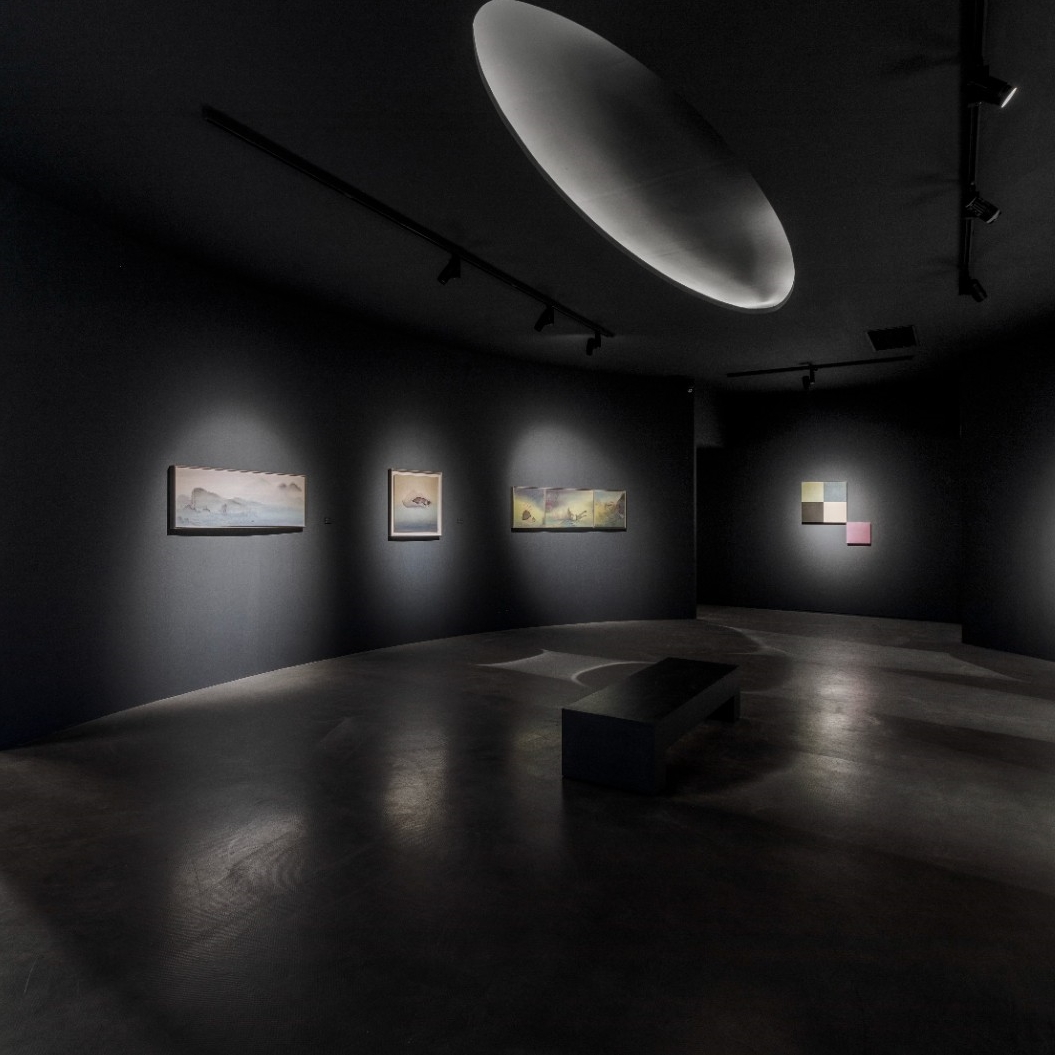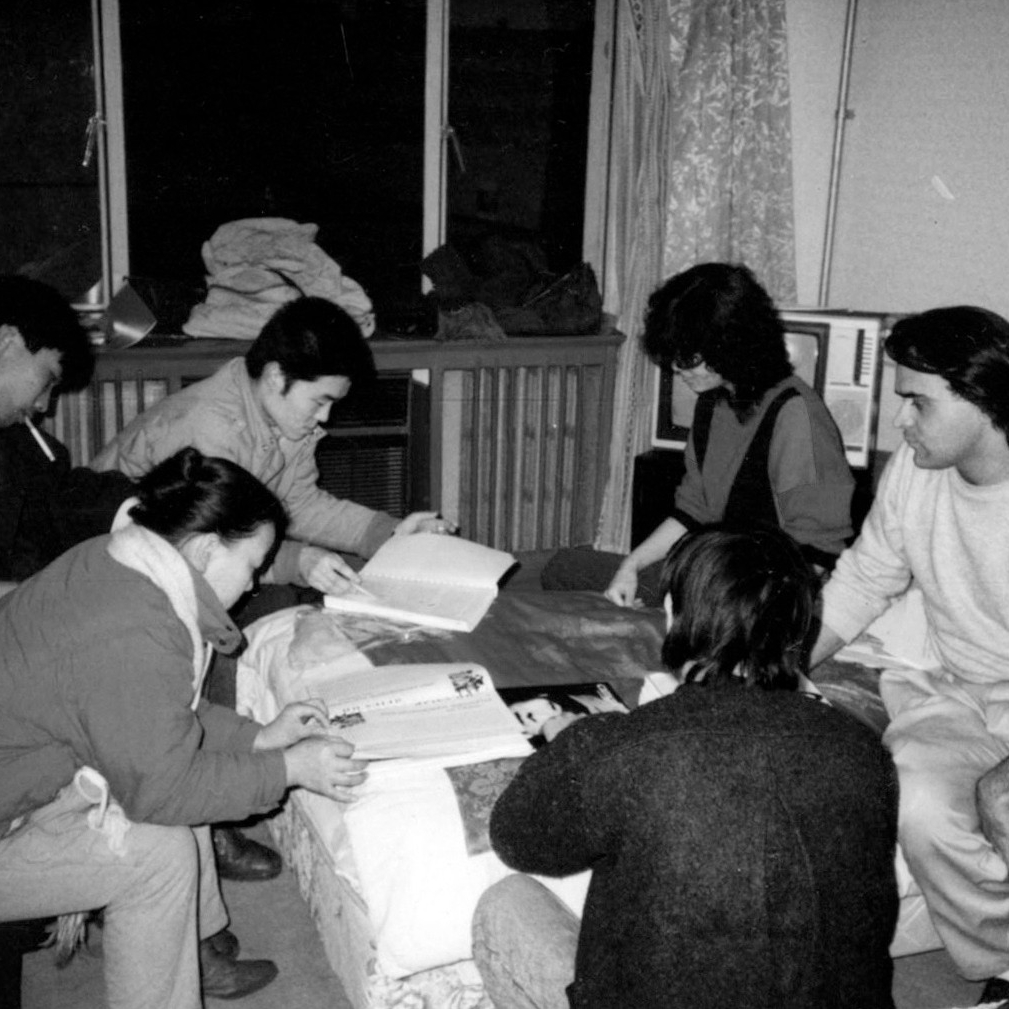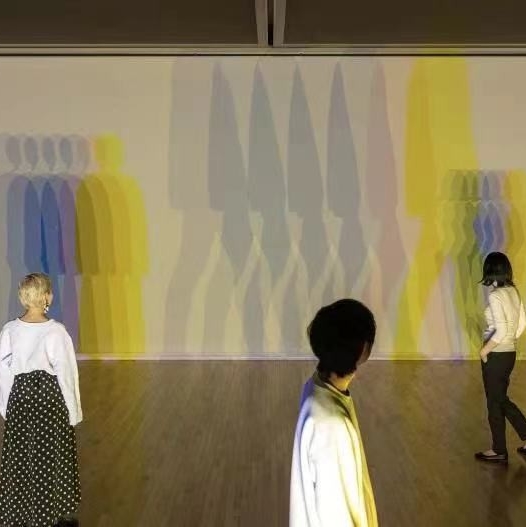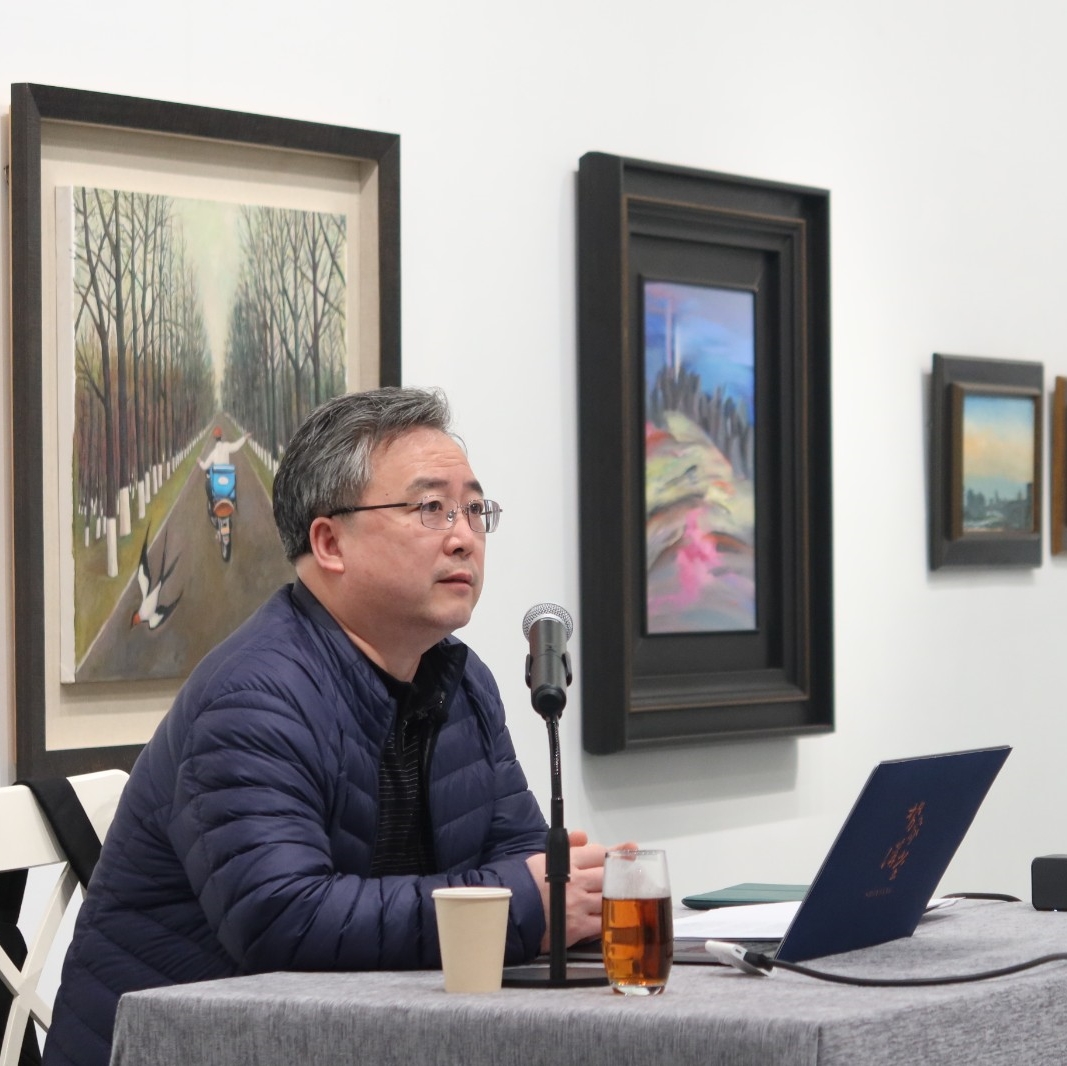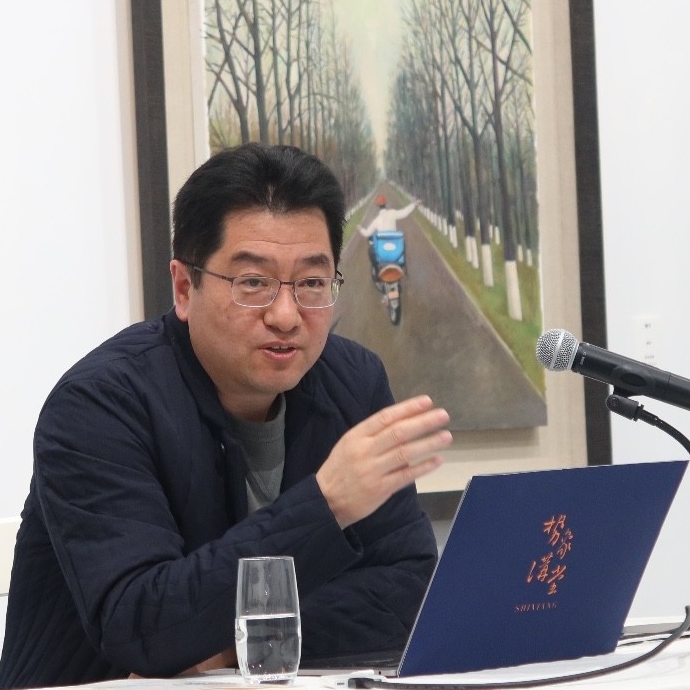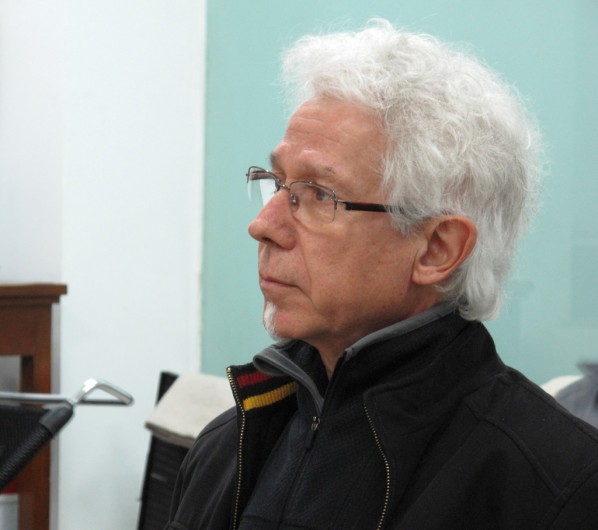
Jacques DEFERT
Renowned French anthropologist Jacques Defert was invited by the Oil Painting Department of the Central Academy of Fine Arts to give a two-week course on art and anthropology from October 15, 2012. Catering to the first-year graduate students of the Oil Painting Department, this course intends to explore the relationship between art and rituals and trace the origin of art from an anthropological point of view.
Arrangement of the Course
It will be divided into 10 topics, including:
1. Art and Anthropology. Starting from a few iconic examples, he presented the main axis of thinking such as the performance of Joseph Beuys, art as a ritual and German art historian Aby Warburg’s speech entitled “Rituals of Snakes”, re-examining the Renaissance Art from the snake dance ceremony of Hopi natives.
2. The Functions and Forms of the Rituals. Divine Duality.
3. Art and Ritual: symbolic and ritual aesthetics. The aesthetic symbol is unique to “original” art.
4. Art and Ritual: About the Original Art and the Origins of Art
5. Art and Ritual: Study on the Origination of Art and Knowledge from Greek Mythology
6. What is a traditional society? Tradition and Modernity
7. From “la Pensée Sauvage” in non-literate society to “raison graphique” in literate society
8. Fascination of ailleurs, the “primitivisme” in Western Art and Utopia
9. Identity and Cultural Diversity. The building modes and dynamic features of cultural identities. Hybridization and “métissage”
10. Image Reading: is a 17th century French self-portrait still “visible” today? Comprehensions on the cultural codes and art.

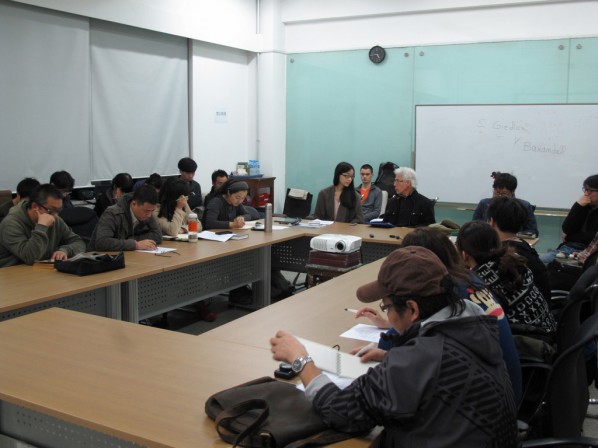
Professor Jacques Defert’s classes will be divided into three sections, these being dictation, slide show and classroom discussion. The topics of each lesson are perfectly coherent, proceeding in an orderly fashion and step by step go deeper into the core. Combining the basic concepts with the reflections on art and traditions, he made the theories so they are easy to comprehend and study for the graduates. As an anthropologist, he integrated the theoretical learning and field trips as he has personally visited the Amazon tribes, Naxi communities in China and other places to communicate with the local residents. He often started his lesson with a fascinating story as an introduction to the core concepts of each lesson, and then he displayed the pictures of the original ceremony and art works. Although the topics centered round the original civilization, being a curator of contemporary art himself, Jacques Defert did not forget to pay close attention to the present and enabled students to explore the art of the original charm in the understanding of the original ceremony, which also gave rise to some metaphysical thinking. Closely related to the ritual and artistic practice, Professor Jacques Defert thought that art has its independent decision-making in the ceremonies of primitive tribes since the original carrier of art was the body but later it found other carriers, thus there is a new possibility that future art does not need a carrier at all.
Professor Jacques Defert hopes that graduates are able to think about the issues: Will rituals disappear when facing the desalination of disenchanted religions and popularity of individualism, science and technology nowadays? Some scholars hold that the ceremony is not gone but it changes. If the secularization does not mean the non-sacred, what does the contemporary individualized ceremony account to? These issues have a prevalent significance for the study of contemporary art.
 Jacques DEFERT; Courtesy the artist and www.ens-lous-lumiere.fr
Jacques DEFERT; Courtesy the artist and www.ens-lous-lumiere.fr
Jacques DEFERT; Courtesy the artist and www.ens-lous-lumiere.fr
Profile of Jacques Defert
Born in 1949, he majored in Modern Literature at the Universite de Bourgogne, France and after that he pursued further study in Anthropology there. Later he studied Sociology at École des hautes études en sciences socials and taught Social Literature at Morocco. Since 1982, he has worked as the Supervisor of Plastic Arts of the Northern Region at the French Ministry of Culture, the activities he has been engaged in include: curatorial works, establishment of art centers as well as the regional Modern Art Foundation. Afterwards he worked for the French Ministry of Foreign Affairs and spent 10 years in Eastern Europe which including six years in Croatia and four years of acting as the Director of the French Cultural Center in Slovakia. He returned to France and served as the Chief Director of French Arles International Photography Festival from 1999 to 2001. From 2002 to present, he has been the Professor of cultural anthropology at Aix-Marseille University and the Avignon Higher Institute of Fine Arts.


